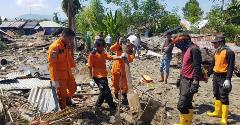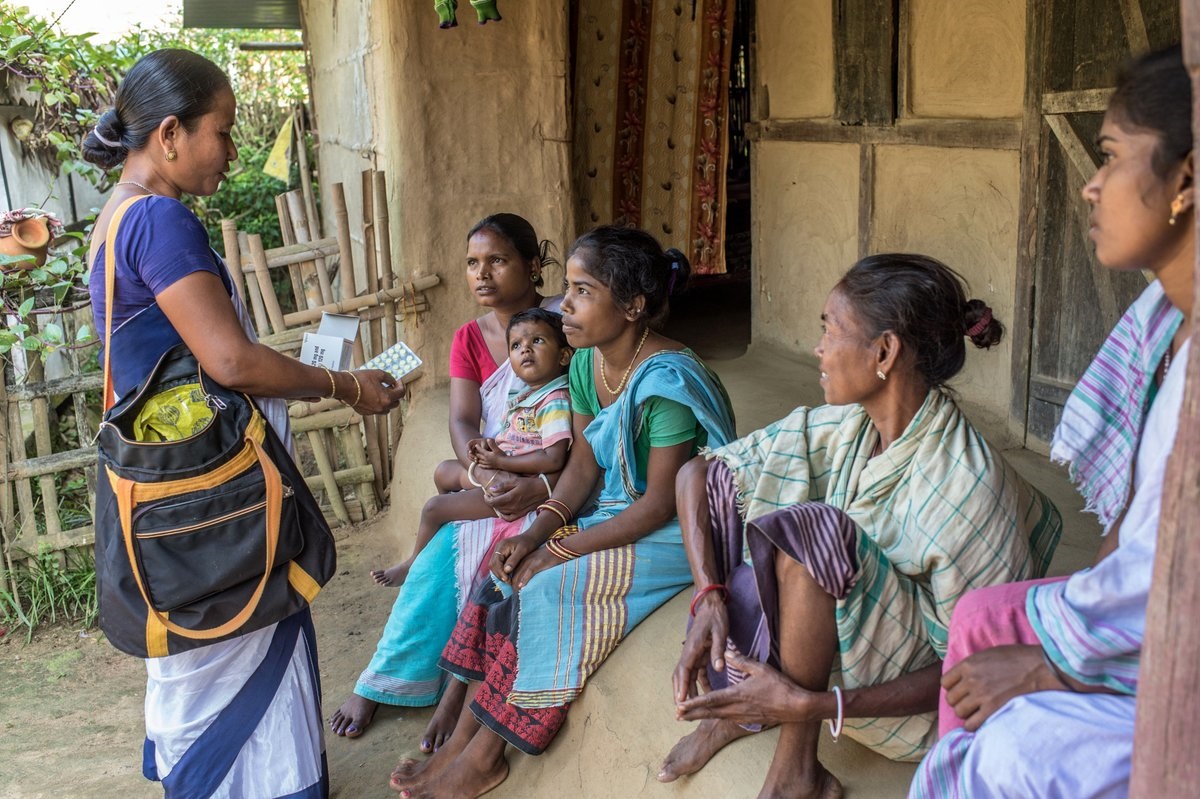Fifteenth Meeting of the WHO South-East Asia Regional Certification Commission for Poliomyelitis Eradication
New Delhi, India, 21–22 September 2022
Overview
The WHO South-East (SE) Asia Region was certified polio-free by the South-East Asia Regional Certification Commission for Poliomyelitis Eradication (SEA-RCCPE) in 2014. The terms of reference of SEA-RCCPE were revised, following certification, in 2015 to provide it with a mandate to review annual documentation of each Member State on maintaining the polio-free status, including poliovirus laboratory containment.
The Fifteenth Meeting of SEA-RCCPE was held from 21 September to 22 September 2022 in New Delhi, India. The key objective of the meeting was to review country performances with regard to maintaining the polio-free status, based on reports by national certification committees for poliomyelitis eradication (NCCPEs) as well as data submitted by countries to the WHO Regional Office for South-East Asia (WHO-SEARO).
Based on the reports received by NCCPEs and presentations made at the fifteenth SEA[1]RCCPE meeting in September 2022, the commission had concluded that the WHO SE Asia Region had remained polio-free during the period of review. While commending the efforts undertaken by countries, SEA-RCCPE also expressed concern about the continued transmission of wild poliovirus type 1 (WPV1) and the current and new outbreaks of circulating vaccine-derived poliovirus (cVDPV), especially type 2 (cVDPV2).
SEA-RCCPE was particularly concerned about the COVID-19 pandemic-related backsliding in critical polio activities, including surveillance and immunization, in almost all countries of the Region and the fact that some countries had not been able to achieve the pre[1]COVID-19 level surveillance sensitivity and immunization coverage.
SEA-RCCPE considered the emergence of cVDPV or transmission of imported vaccine[1]derived poliovirus (VDPV) in areas of low coverage — of which many exist in the countries of the Region — to be an equally important risk to the maintenance of polio-free status of the SE Asia Region. It emphasized that the virus spread would be further facilitated by gaps in surveillance and inadequate outbreak preparedness.
The commission noted the outlook of the Global Certification Commission (GCC) on global certification requirements.
Acknowledging the significant progress made by all Member countries towards maintaining the polio-free status of the Region, SEA-RCCPE provided some general recommendations that are applicable to all countries of the Region and some country-specific recommendations to further strengthen the polio programme in the Region.







